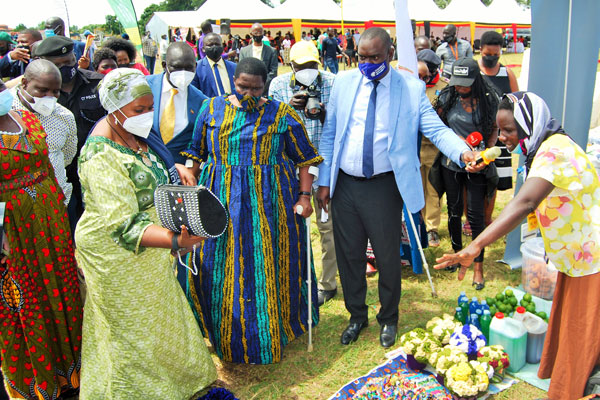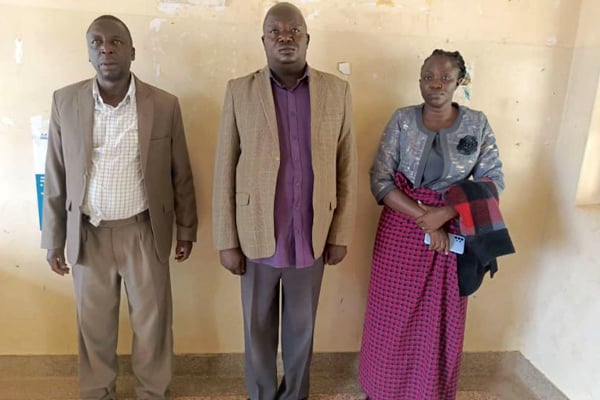Recruit sign language interpreters, says NAD

What you need to know:
- People with hearing impairment say they have been left out of many government programmes.
People with hearing impairment have appealed to government to expedite the process of recruiting sign language interpreters in all public offices to guarantee their equal participation in government programmes.
The appeal was made during celebrations to mark International Week for the Deaf at Arua Police Grounds last Friday.
Through various songs and dramas, the deaf revealed that they have been left out of a number of government programmes because if their condition.
The executive director of Uganda National Association of the Deaf (NAD), Mr Robert Nkwangu, said sign language interpreters should be recruited in television stations, hospitals, churches, and other organisations for the deaf to be informed.
“Government should provide support and disseminate information on early acquisition of sign language interpreters and provide inclusive quality bilingual education,” Mr Nkwangu said.
He added: “They should also support the professional and trained sign language interpreters in public service to enable full participation of the deaf in society.”
He urged government to fast track the completion of the regulations of the Disability Act in order to protect such persons from abuse and violations of their rights in society.
The Arua Central Division MP, Mr Jackson Atima, said: “We need schools for the deaf and other disabilities to be constructed in West Nile because the number is big. Parents struggle to meet high costs of transport, accommodation, feeding and upkeep for their disabled children, who travel long distances to access education.”
The State Minister for Persons with Disabilities, Ms Hellen Asamo, appealed to the public to change their mindset about people with disabilities.
“Without sign language interpreters, the deaf will miss out on information about government programmes like UWEP [Uganda Women Entrepreneurship Programme], Youth Livelihood Programme, and Emyooga. So we need to fast track this so that we have interpreters in all the ministries,” Ms Asamo said.
She said the 700 sign language interpreters, who graduated from Kyambogo University, should be employed in various institutions to bridge the gap.
“We are now discussing with the Ministry of Public Service on how these interpreters will be employed because it is critical,” Ms Asamo said.
In response to the concerns, the 3rd Deputy Prime Minister, Ms Rukia Nakadama, acknowledged that People with Disabilities had been seen as a bad omen in society, an issue which she said government was addressing.
“Government has introduced schools for people with disabilities and we have also introduced the scholarship system where 65 people with hearing impairment are catered for under this. People should continue to utilise the deaf schools in Wakiso and Iganga districts to learn,” she said.
She said people with disabilities are critical in decision making and should not be left out from Local councils up to Parliament.
About PWDS
The United Nations estimates that Persons with Disabilities (PWDs) account for about 10 percent of the world’s population. In Uganda, PWDs account for 14 percent of the total population. Of these, one million are deaf people, according to the Uganda Bureau of Statistics 2014 report.




